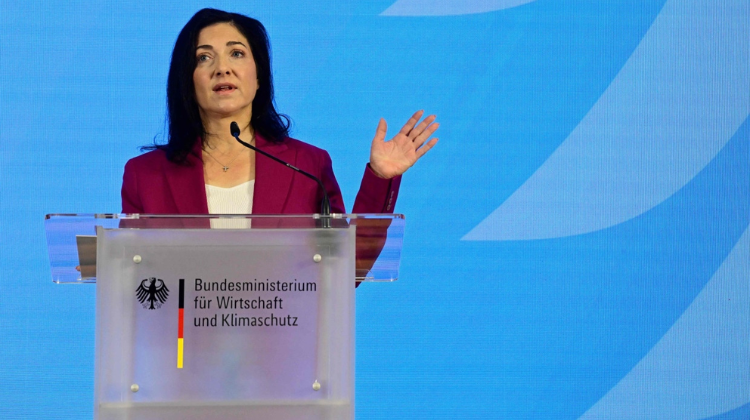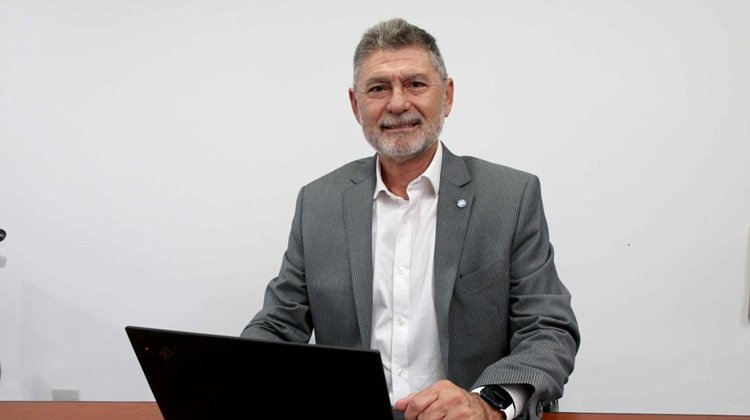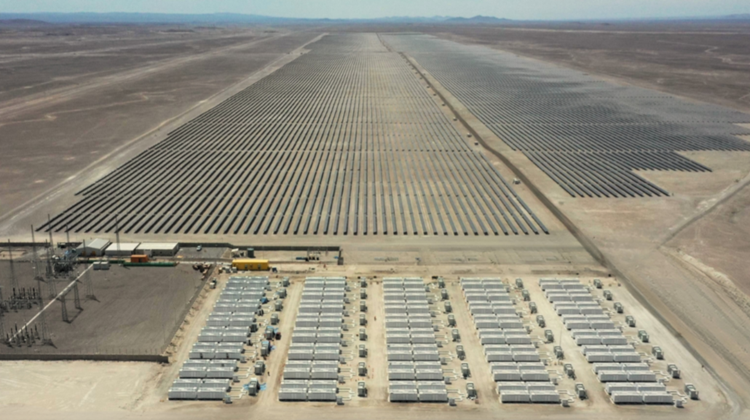Germany’s energy policy requires a fundamental reassessment. That was the clear message delivered by the new Federal Minister for Economic Affairs and Energy, Katherina Reiche, during her swearing-in address. She called for a “reality check” on the limitations of renewable energy, the current structure of the power system, and the ability to secure supply in a highly industrialised nation.
“Renewables are a success story. However, they alone will not be able to supply a country like Germany with electricity reliably and at affordable prices,” Reiche stated, as she steps into office amid economic stagnation and growing pressure from energy costs.
Firm capacity and new gas tenders
The minister directly addressed the lack of controllable generation capacity. She announced that the government will fast-track the tendering of up to 20 GW of gas-fired power plants, as stipulated in the coalition agreement. The ministry also aims to enhance domestic gas production conditions and expects carbon capture and storage (CCS) and carbon capture and utilisation (CCU) technologies to play an increasingly important role.
“We need controllable electricity generation within our own borders. As the EU’s largest power consumer, we cannot rely solely on our neighbours,” Reiche stressed. The shift signals a pragmatic approach: ensuring supply security while pursuing climate goals.
Aligning renewables with network infrastructure
Reiche also highlighted the disconnect between renewable energy expansion and existing grid infrastructure. She criticised the lack of spatial and temporal planning, and committed to an in-depth assessment to identify and address bottlenecks. “We will carry out a comprehensive evaluation and then address the issue as a top priority,” she affirmed.
Lowering prices: system reform and flexibility
To curb electricity costs impacting both households and businesses, Reiche proposed a series of market reforms. These include an industrial electricity price, a revised network tariff structure, and a new approach to backup power plants, no longer reserved solely for supply emergencies.
Diversifying supplier countries and securing long-term gas contracts will also be key. Reiche pledged political support for international supply agreements to mitigate import risks. “We want to encourage companies to enter into long-term gas supply contracts with foreign partners and will offer political support,” she said.
Grid flexibility and energy storage
Flexibility is another central pillar of the minister’s energy strategy. Measures include strengthening dynamic electricity tariffs, supporting bidirectional charging, and accelerating the deployment of system-friendly energy storage solutions.
Reiche advocated for technological openness in the transition, underlining the need to avoid overreliance on a single technology path. “In 2025, we will certainly not yet have all the solutions for a climate-neutral and affordable energy supply. But we already have excellent research, inventive companies, bold start-ups and motivated people everywhere in these fields,” she said.
Hydrogen without colour restrictions
Hydrogen plays a key role in Reiche’s plan. She committed to ensuring fast growth of the sector regardless of hydrogen colour, removing previous restrictions. “We must ensure the rapid expansion of the hydrogen economy, regardless of the colour,” she affirmed.
She also reiterated the need for a regulatory culture focused on enabling rather than controlling, calling for a modern industrial policy grounded in market principles. “We must enable more and dictate less,” she said. “A policy that activates rather than centrally controls, and grants market participants their own responsibility.”
Pressure mounts on wind auction system
Alongside Reiche’s declarations, pressure is rising from within the renewable sector. As reported by reNews, wind energy leaders are demanding urgent reform of Germany’s auction system following a weak outcome in the most recent tender round. Industry stakeholders argue that high development costs and regulatory barriers are deterring new investments, despite the country’s pressing need for more clean generation to meet its climate and energy targets.
Speech by the Federal Minister for Economic Affairs and Energy, Katherina Reiche:



























